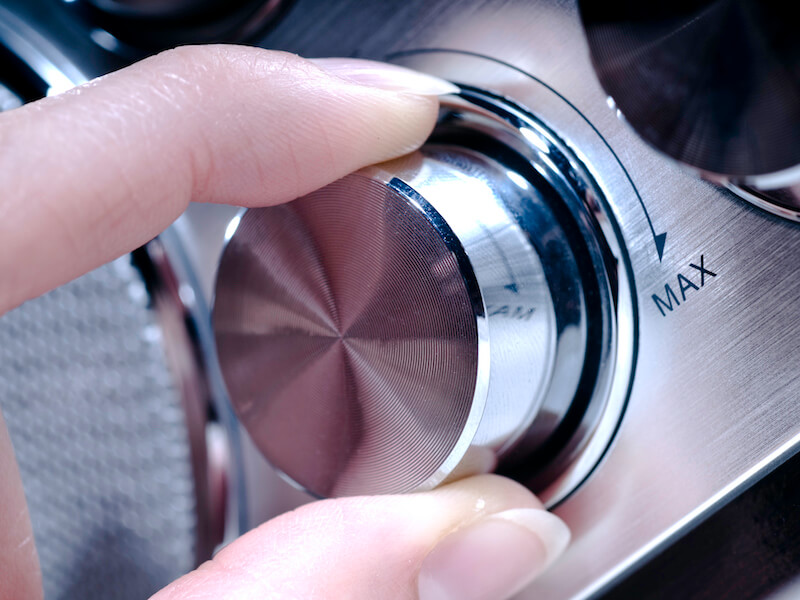
Recognizing when you require some medical advice is usually fairly easy. You know you need to go to the doctor immediately if you break your leg, for example. You might need a splint or a cast or supportive device, but the point is that you’re unlikely to try “toughing it out”. At least, not for very long (particularly if you want your bones to mend themselves properly).
It isn’t always that clear cut in terms of hearing aids, however. Hearing loss is normally a progressive condition. That means it isn’t always easy to know when you might need to begin using hearing aids or to delay seeking treatment you know could be beneficial.
So keeping an eye out for indications that your hearing may be going is a good plan. If you detect any, it may be time to talk to us about your first pair of hearing aids.
Hearing loss and hearing aids
Hearing aids are the primary form of treatment for hearing loss. But that doesn’t mean everyone who has hearing loss will instantly need a set of hearing aids. Hearing aids won’t always be practical in cases of minor hearing loss. As a result, we may want you to wait before starting to use them. In addition, you might be directed to wear hearing aids only in certain situations.
This means that just because you are diagnosed with hearing loss doesn’t mean you will automatically require hearing aids.
But in many cases hearing aids will be the best solution. Because hearing loss can be a sneaky and slow condition, lots of people don’t get a diagnosis until there’s been substantial damage. Getting your hearing assessed regularly is the key to catching hearing loss early and possibly mitigating the need for hearing aids.
And if that’s the case, you’re probably thinking: how can I tell if I require hearing aids?
You need hearing aids if you detect these indicators
Instant communication problems can be the consequence of hearing loss. But lots of times you don’t even recognize that hearing loss is the cause of those communication issues. So, at what stage will a hearing aid help?
Watch out for these indicators:
- The volume on your devices is becoming very loud: If you’re constantly turning the volume up on your television or radio or smartphone, it might be the result of hearing loss. If you find people around you complaining about the high volume of your devices, this is especially true.
- You have problems understanding what people are saying: Many people feel like the overall volume of life is fine so they never consider that they may have hearing loss. But the thing about hearing loss is that particular frequencies of sound usually go before others. Which means that the vast majority of sounds could seem normal but things in the high frequencies (like certain vowels) will be distorted. As a result, you might have a difficult time understanding what people are saying to you.
- When you’re in noisy locations, you have a difficult time following conversations: When people ask, “What are the signs of hearing loss?”, this one almost always comes up. If you have trouble hearing conversations in noisy places, that’s usually a sure sign that you have hearing loss. That’s because your brain has a hard time filling in the missing information that gets lost with hearing impairment. Lots of conversations get muffled because of this.
- You’re unable to understand people on the phone: Even the best phone speakers tend to flatten a voice. That can make it hard to understand, particularly if you have hearing loss. Again, certain frequencies are cut out and the result is that it’s extremely difficult to understand those voices.
So how should you deal with it?
When you break your leg, it’s obvious what to do: you go to the doctor! But what do you do when you begin to detect the symptoms of hearing loss? What degree of hearing loss calls for hearing aids? That isn’t a really easy answer but you should schedule an appointment with us for a hearing assessment if you begin to experience any hearing loss symptoms. We’ll be able to evaluate the health of your hearing and find out just how serious your hearing loss may or may not be.
A hearing screening will also help you get the optimal hearing aids for your requirements if you do indeed need hearing aids. This means you’ll be able to get back to spending quality time with your friends and family, you’ll hear your grandkids when they call you on the phone, your co-workers at your morning meeting, and your friends at happy hour.
Call us for a hearing test so we can help you improve your quality of life.